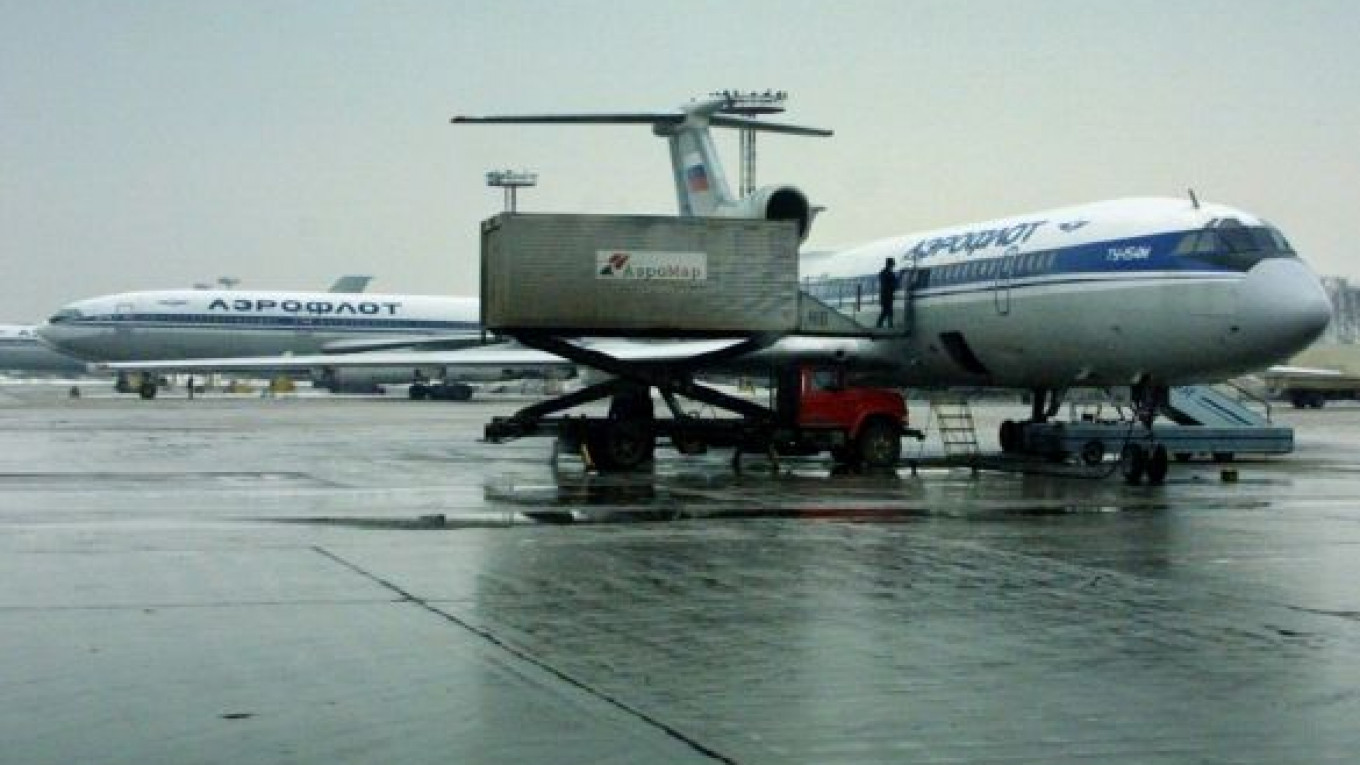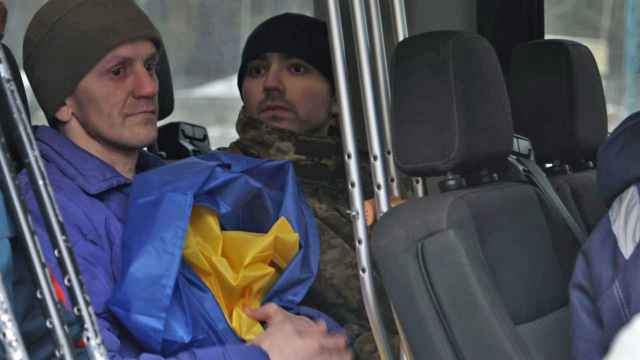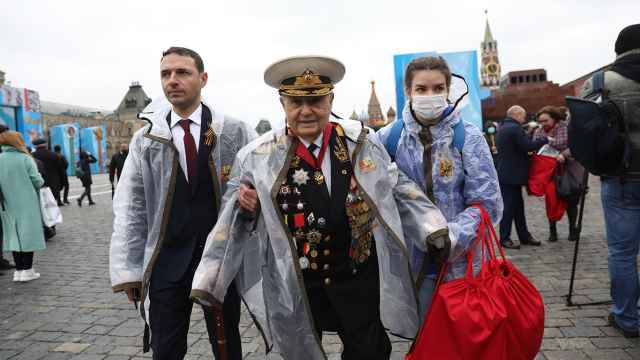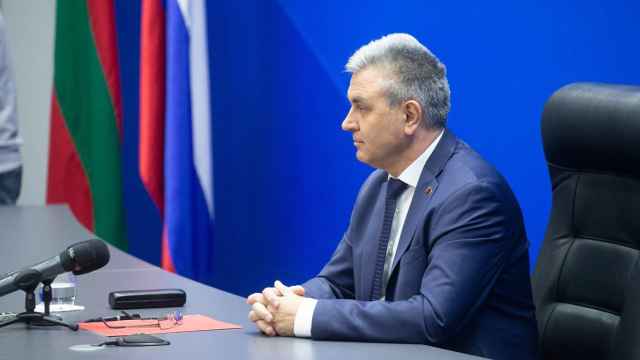The European Union announced Thursday that it has initiated legal action against four of its own member states in an unusual attempt to end a long-running dispute with Russia regarding overflight fees.
The European Commission sent formal letters requesting information from France, Austria, Germany and Finland, because of concerns that their bilateral flight agreements with Russia are in breach of EU rules. The concern is about the fees themselves — paid by carriers for the right to fly over Siberia on the way to Asia — and that they are not applied to all EU carriers equally.
“The commission is concerned that such provisions may be in breach of EU antitrust rules and could lead to competition distortions to the disadvantage of both EU airlines and consumers,” the Commission said.
Russia charges foreign airlines for the right to fly over Siberia, affecting European airlines' services to Japan, China and South Korea — a practice the EU says may be against international law. The European Commission claims that the fees cost EU carriers about $420 million in 2008, most of which was paid directly to Aeroflot.
Helen Kearns, a spokeswoman for the commission, confirmed that more countries could face similar complaints before the end of the year.
Aeroflot did not respond to e-mailed questions Thursday. A spokesperson for the Transportation Ministry declined to comment.
The Europeans have accused Russia of failing to honor a 2006 agreement to end the overflight charges. Russia has linked implementation of the agreement to its accession to the World Trade Organization.
A ruling against the bilateral agreements in Brussels could force the countries concerned to amend their agreements with Russia — a move Brussels hopes will give Europe enough leverage to negotiate an end to the overflight charges altogether.
“It will get the EU and the member states back to the negotiating table, that's for sure, because the airlines will have to say, 'Sorry, it's illegal for us to agree to this,'" said Peter Crowther, a partner at Dewey & LeBoeuf.
Kearns said if countries were found in violation of EU law, they would be ordered to renegotiate with Russia, but if they are unsuccessful individually, the European Commission might negotiate on their behalf.
Whether or not those negotiations lead to a new deal in the EU's favor is quite a different story, however. “Instead of the rate being aligned at the lowest common denominator, its conceivable that you could end up with the highest common denominator — in other words, one high rate for everybody,” Crowther said.
The commission is also taking aim at Russia's refusal to recognize the EU's “open skies” policy — which states that aviation agreements must apply equally to all member states. The idea is to guarantee that an airline taken over by another carrier does not lose the routes it operates. But the commission says Russia has argued that Austrian Airlines, which operates routes via Siberia to China and Japan, is no longer covered by the aviation agreement with Austria since it was taken over by Germany's Lufthansa.
A Message from The Moscow Times:
Dear readers,
We are facing unprecedented challenges. Russia's Prosecutor General's Office has designated The Moscow Times as an "undesirable" organization, criminalizing our work and putting our staff at risk of prosecution. This follows our earlier unjust labeling as a "foreign agent."
These actions are direct attempts to silence independent journalism in Russia. The authorities claim our work "discredits the decisions of the Russian leadership." We see things differently: we strive to provide accurate, unbiased reporting on Russia.
We, the journalists of The Moscow Times, refuse to be silenced. But to continue our work, we need your help.
Your support, no matter how small, makes a world of difference. If you can, please support us monthly starting from just $2. It's quick to set up, and every contribution makes a significant impact.
By supporting The Moscow Times, you're defending open, independent journalism in the face of repression. Thank you for standing with us.
Remind me later.






